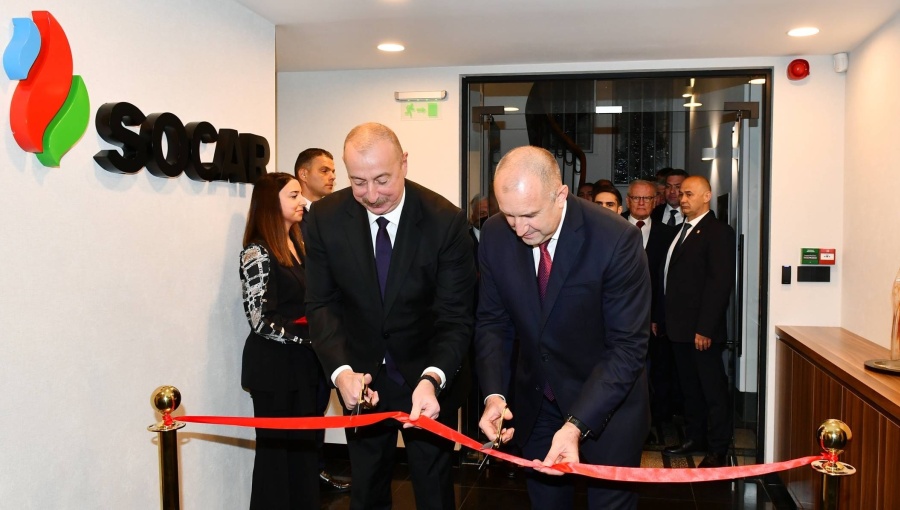
Azerbaijan has adjusted its foreign policy agenda to target the Balkan region, that is more vulnerable to the energy crisis than the states of Central and Western Europe.
Energy has long been the core element of Azerbaijan’s pragmatic foreign policy, and recently it gained more impetus as European nations sought additional energy suppliers to replace Russian fossil fuel exports. Although the EU’s leading member countries are able to compensate for energy shortages by using energy reserves, employing alternative energy sources and importing additional gas volumes from alternative suppliers, the less developed Balkan states are struggling to adapt to the energy deficit.
More gas for the Balkans
On April 26, a signing ceremony for the memorandum of understanding on encouraging cooperation among Bulgartransgaz (Bulgaria), Transgaz (Romania), FGSZ (Hungary), Eustream (Slovakia) and the State Oil Company of the Azerbaijan Republic (SOCAR) was held in Sofia. The memorandum paves the way for additional Azeri gas volumes to flow to the Balkans amid the unprecedented energy crisis in Europe caused by Russia’s invasion of Ukraine. Moreover, the document highlighting Azerbaijan’s strategic partnership with the Balkan nations will ease the cooperation between the local authorities and the transmission and distribution system operators. Continue reading
